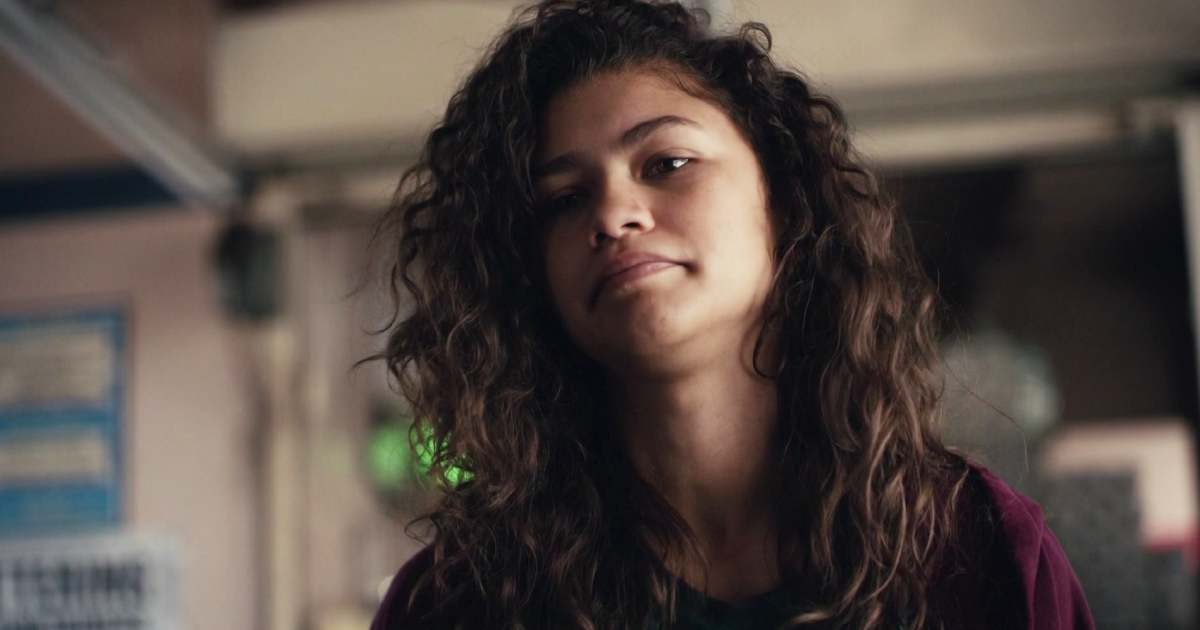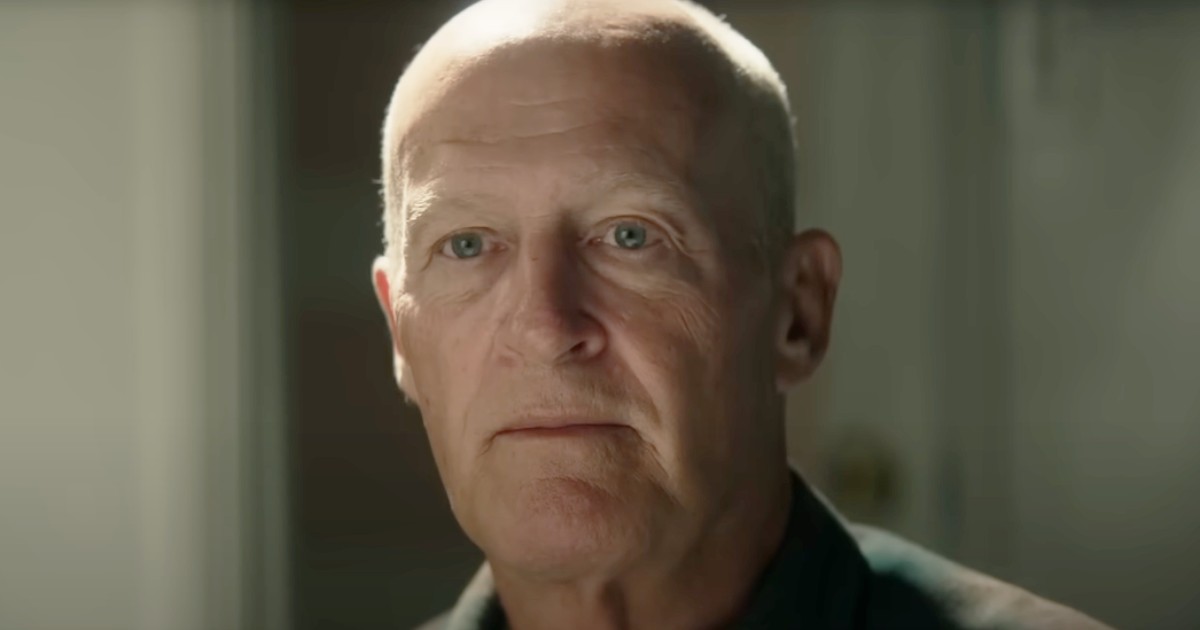
From the jump, Euphoria dropped something raw, uncomfortable, and real. Zendaya’s character Rue Bennett’s journey wasn’t just a gripping storyline; it was a brutal reflection of countless young lives tangled in the web of mental health struggles and addiction. That’s why her story hit so damn hard. It wasn’t fiction disguised as drama, it was a mirror held up to every broken youth we know, every hidden pain, and every silent scream.
How Euphoria’s Raw Episode Reveals Addiction’s True Pain
Zendaya, who brought Rue to life with heartbreaking intensity, once described the filming of the season 2 episode Stand Still Like the Hummingbird as a “war zone.” That hour wasn’t just TV; it was a visceral plunge into the chaos of addiction and despair. The episode kicks off with an intervention scene so raw and unpredictable that it left Zendaya physically bruised and emotionally drained. She shared how Rue’s spiral wasn’t just about losing control but wrestling with the pain that overtakes both body and mind. “She’s in the midst of a degenerative disease,” Zendaya explained (via EW), “taking control of her life.” The episode doesn’t let viewers off the hook either; it forces us to feel the unpredictability, the regret, and the desperate cycle Rue was trapped in.
The show’s creator, Sam Levinson, knew from the start that Rue’s battle needed that kind of relentless spotlight. It’s not pretty, but it’s necessary. Leslie, Rue’s TV mom, stressed the importance of showing the Bennett family’s unraveling so that real people grappling with addiction could see themselves honestly portrayed. It wasn’t about glamourizing drug use; it was about showing what it looks like when addiction tears a life apart.
Trending
How Euphoria Broke Taboos To Give A Voice To Teen Mental Health & Addiction
Euphoria dared to dive headfirst into the stuff many shows sidestep: mental health, addiction, and sexuality among teenagers. In doing so, it dismantled taboos and sparked conversations that desperately needed to happen. Rue’s voice — her internal dialogue was a powerful tool for this, creating an intimacy that pulled viewers into her mind’s turmoil. That connection made her pain universal. It wasn’t just Rue’s story; it was a shared experience reflecting rising mental health crises and opioid struggles faced by young people everywhere.
Zendaya emphasized this was never about preaching or moralizing. The show’s goal was empathy. “Hopefully help people feel a little bit less alone,” she said. The fact that so many fans reached out sharing parallels to their own lives shows how Euphoria struck a chord far beyond entertainment. It gave a voice to those suffering in silence.
Euphoria Used Rue’s Pain To Make People Feel Less Alone
What’s remarkable is that despite the crushing weight of Rue’s struggles, the show never left her in the darkness. Zendaya, who also serves as an executive producer, made it clear there’s light ahead. “We can’t leave her here,” she said, hopeful that viewers would witness Rue’s growth and healing by season’s end. That balance — brutal honesty paired with a glimmer of hope made the story not just a mirror but a lifeline for many.
Rue’s story was tough to watch, and it was tough to play. But that’s exactly why it resonated. It wasn’t a sanitized take on addiction or mental health. It was messy, painful, and real. And in that rawness, Euphoria gave a face to the broken youth, a face begging to be understood, not judged.
Advertisement
For more such stories, check out TV updates!
Follow Us: Facebook | Instagram | Twitter | YouTube | Google News















